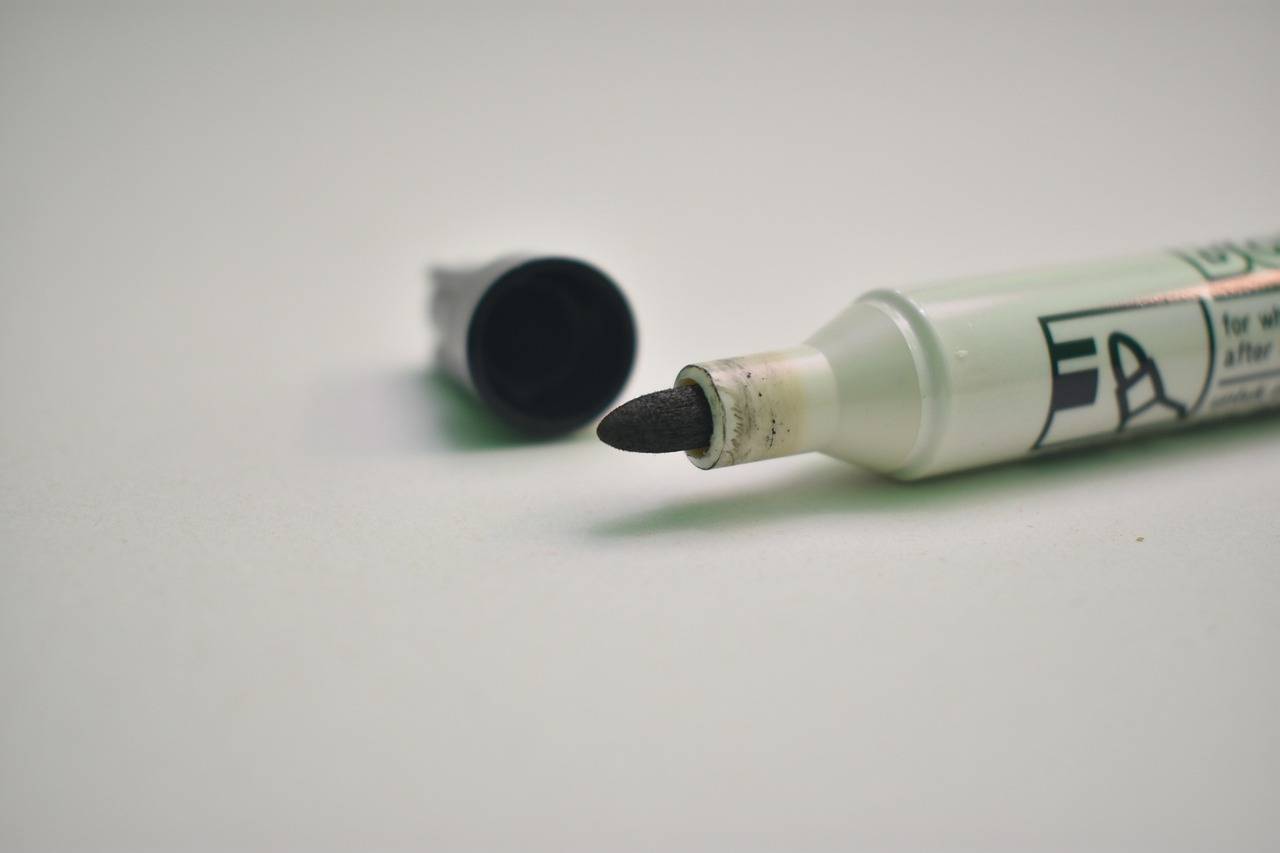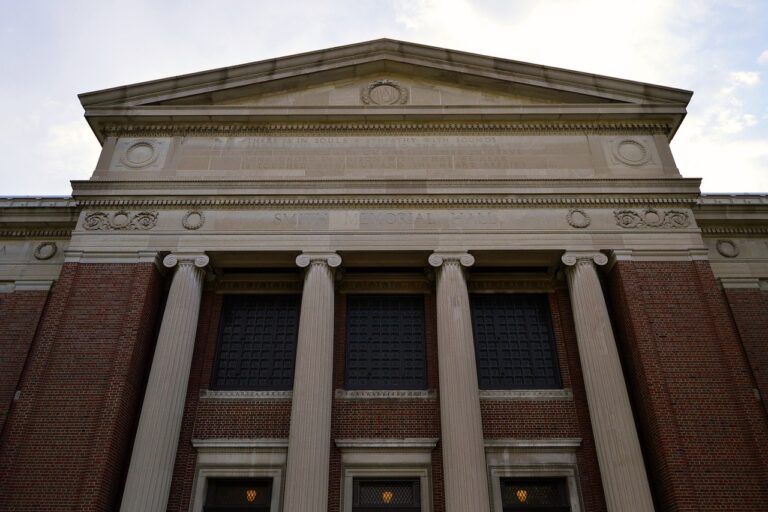Addressing Teacher-Student Relationships and Boundaries
When a teacher starts showing favoritism towards a particular student, especially in ways that seem excessive or inappropriate, it can be a red flag indicating an inappropriate teacher-student relationship. This favoritism may manifest in the form of granting special privileges, giving the student lenient treatment, or constantly singling them out for praise in front of others.
Another warning sign to watch out for is when a teacher begins to blur professional boundaries by sharing overly personal details about their life with a student or seeking out the student’s personal information without a valid reason. This breach of boundaries can create a sense of intimacy that is not appropriate for the teacher-student dynamic, potentially leading to manipulation or exploitation of the student’s trust and vulnerability.
Impact of Healthy Teacher-Student Relationships on Academic Performance
Healthy teacher-student relationships have a profound impact on academic performance. When students feel safe, respected, and supported by their teachers, they are more likely to engage in learning and strive for success. Research has shown that positive teacher-student relationships can lead to increased motivation, improved attendance, and higher levels of achievement in both academic and non-academic areas.
Furthermore, strong teacher-student relationships can create a supportive learning environment where students feel comfortable taking risks, asking questions, and seeking help when needed. Teachers who foster positive relationships with their students can provide personalized support, guidance, and encouragement, leading to enhanced cognitive and socio-emotional development. Ultimately, the quality of the teacher-student relationship can significantly impact a student’s overall academic performance and long-term success.
How can a student identify warning signs of an inappropriate teacher-student relationship?
Some warning signs include excessive one-on-one time with the teacher, inappropriate communication outside of school hours, favoritism towards the student, and personal disclosures that are not relevant to the academic setting.
Can a healthy teacher-student relationship really impact academic performance?
Yes, research has shown that positive teacher-student relationships can lead to improved academic outcomes, increased motivation, and better behavior in the classroom.
What are some ways to cultivate a healthy teacher-student relationship?
Building trust, showing empathy, providing support, and setting high expectations are key components to fostering a positive teacher-student relationship.
How can a student advocate for themselves if they feel their teacher-student relationship is inappropriate?
Students can speak to a school counselor, administrator, or trusted adult about their concerns. It’s important to address any inappropriate behavior promptly to ensure a safe and supportive learning environment.





